New electrical circuit for chicken coop
clem_cadd
13 years ago
Related Stories

GARDENING AND LANDSCAPINGBackyard Living: The Scoop on Chicken Coops
Perk up your morning with fresh eggs and chickadee clucks when you build a chicken coop in your own yard
Full Story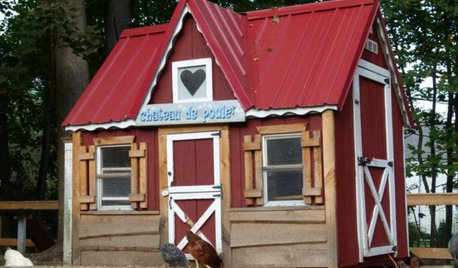
GARDENING AND LANDSCAPINGChicken Coops That Rule the Roost
These 8 chicken coops designed by Houzz users will have you clucking in admiration — and maybe even planning a henhouse of your own
Full Story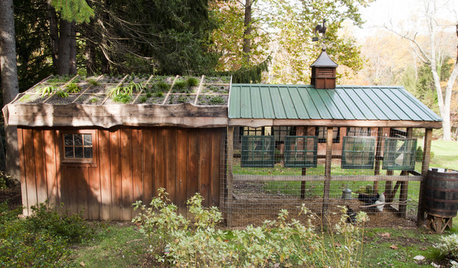
FARM YOUR YARDHouzz Call: Show Us Your One-of-a-Kind Chicken Coops
Do you have a fun or stylish backyard shelter for your feathered friends? Post your pictures and stories in the Comments!
Full Story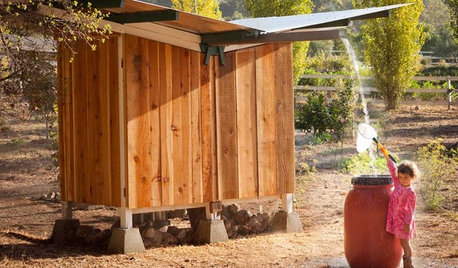
FARM YOUR YARDCollecting Rainwater and Eggs From a California Chicken Coop
See how a butterfly roof helps a hen home’s design soar into double-duty territory
Full Story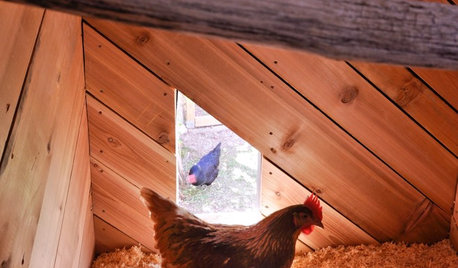
PETSHens Nest in Style in a Modern Nevada Coop
Take a mini tour of a backyard chicken coop built by a pro designer with all the essentials for the 'clients' and then some
Full Story
GARDENING AND LANDSCAPINGRaise Backyard Chickens Without Ruffling Neighbors' Feathers
Before you build a coop in the backyard, follow these strategies to help keep your neighbors from squawking
Full Story
LIFEHow to Prepare for and Live With a Power Outage
When electricity loss puts food, water and heat in jeopardy, don't be in the dark about how to stay as safe and comfortable as possible
Full Story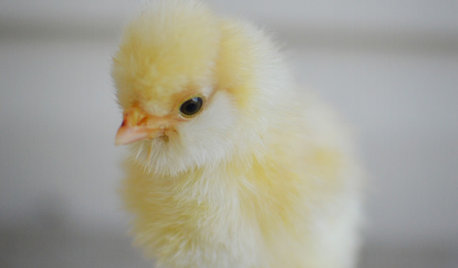
PETSWhat You Need to Know Before Buying Chicks
Ordering chicks for your backyard coop? Easy. But caring for them requires planning and foresight. Here's what to do
Full Story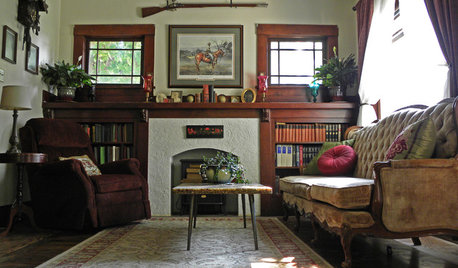
HOUZZ TOURSMy Houzz: 2 Generations Unite in an Oregon Craftsman
For the love of a little boy (and a few chickens), a resourceful family creates a multigenerational home infused with graciousness
Full Story
PETSWorld of Design: Pampered Pets and Their 10 One-of-a-Kind Homes
Fall in love with these critters and their clever living spaces, from a cat playground in France to a chicken house in the U.S.
Full Story






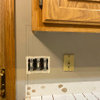
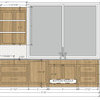
Ron Natalie
petey_racer
Related Professionals
Lexington Electricians · Casas Adobes General Contractors · Cedar Hill General Contractors · Chowchilla General Contractors · De Luz General Contractors · Forest Hills General Contractors · Mililani Town General Contractors · Waldorf General Contractors · Winton General Contractors · Glen Ellyn Solar Energy Systems · Greenville Solar Energy Systems · Ashburn Home Automation & Home Media · Greatwood Home Automation & Home Media · Novi Home Automation & Home Media · Grand Haven Home Automation & Home Mediaclem_caddOriginal Author
Ron Natalie
manhattan42
Ron Natalie
clem_caddOriginal Author
DavidR
yosemitebill
jaysgarden
Ron Natalie